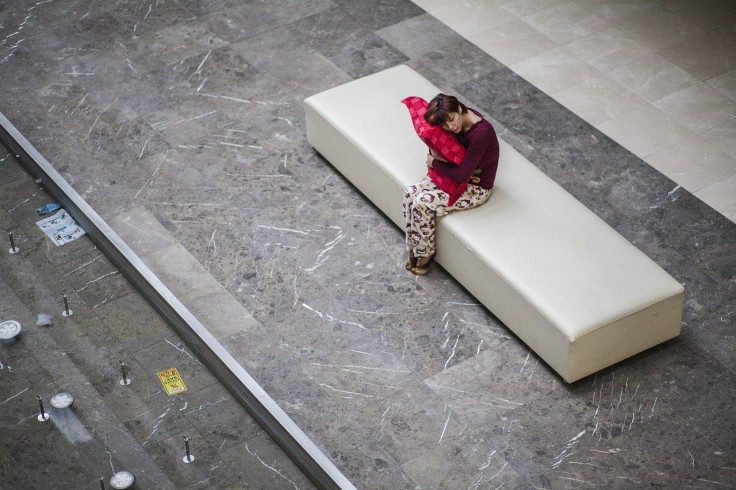Doctors Advise To Maintain Adequate Sleep During Summer For Optimum Health
KEY POINTS
- Summertime denotes more outdoor activities, which could delay bedtime
- Doctors advise not to delay sleep during summer
- This will help prevent health problems in the future
Sleep experts say the outdoor enticements and more daylight during summer can make it tempting to stay longer outside and delay bedtime.
With more cities easing their lockdown measures and allowing people to get some sun, provided they wear masks and observe social distancing, more people may again delay their sleep time. Getting lesser sleep during summer is a perennial habit of many people and one that has been repeatedly observed by sleep experts.
A survey by the American Academy of Sleep Medicine (AASM) found that 36% of adults in the U.S. revealed they sleep less during summer. The highest rates of late sleepers are in the West at 42% and Midwest at 40%.
"The lure of the outdoors and more daylight can make it tempting to delay bedtimes, but it's important to get healthy sleep in every season," said Dr. Kannan Ramar, the AASM president, in an academy news release.

To get adequate sleep and wake up feeling alert and refreshed, the AASM recommends going to bed at an appropriate time, according to US News and World Report. The organization’s bedtime calculator can help in determining the perfect bedtime for one’s schedule. The sleep society also has several suggestions to help avoid sleep loss, particularly during summertime.
A Regular Sleep Schedule
Maintain a regular sleep schedule as much as possible to keep a healthy sleep pattern. This does not mean putting off all night-time activities. Perhaps such activity could be viewed as a special treat, not a nightly occurrence. For example, if you are on a vacation at a beach, it is okay to indulge in a once-a-week or once-every-two-weeks late-night activity, but making it a nightly habit will lessen your sleep time and lead to some health problems in the future.
No Electronic Gadgets
Switch off all electronic devices at least 30 minutes before going to bed. This includes turning off notifications and charging the devices away from the bed so you will not be tempted to check any news or social media alerts. Whenever possible, unplug the TV if you have one in your bedroom to avoid the lure of turning them on using a remote control.
Caffeine And Alcohol
Avoid having any drinks with caffeine after lunch and steer clear from alcohol when it is almost bedtime. Sleep experts say both beverages can disrupt your sleep or even prevent you from having one for many hours.
Cozy Environment
A nice and comfortable environment in the bedroom can help a lot in making you sleep better. Make sure to keep your room dark, cool, and quiet. During summer, you can opt for blackout curtains as they cut the amount of light that enters your bedroom. Wearing a sleep mask can also help to get you uninterrupted sleep.
© Copyright IBTimes 2024. All rights reserved.





















